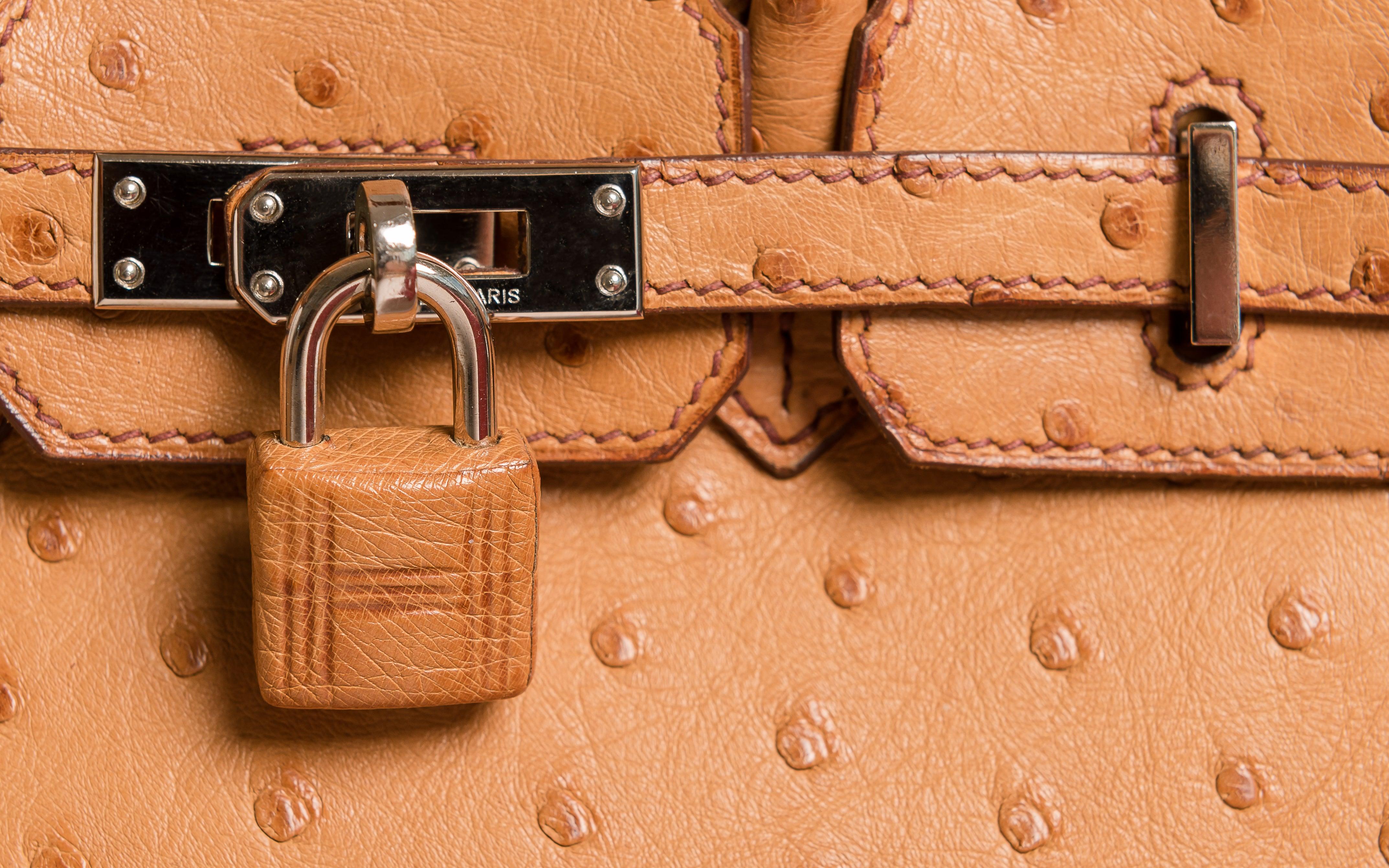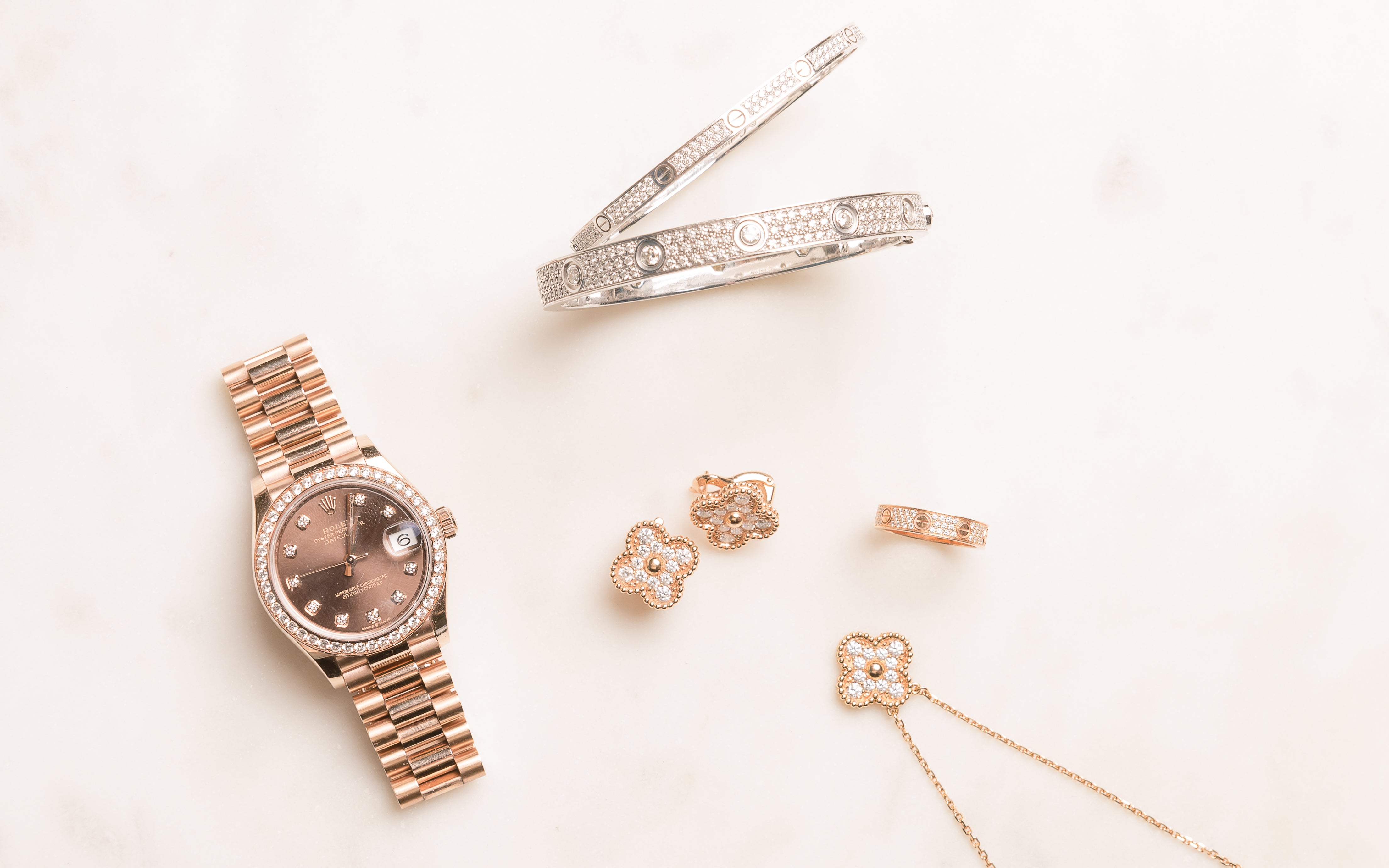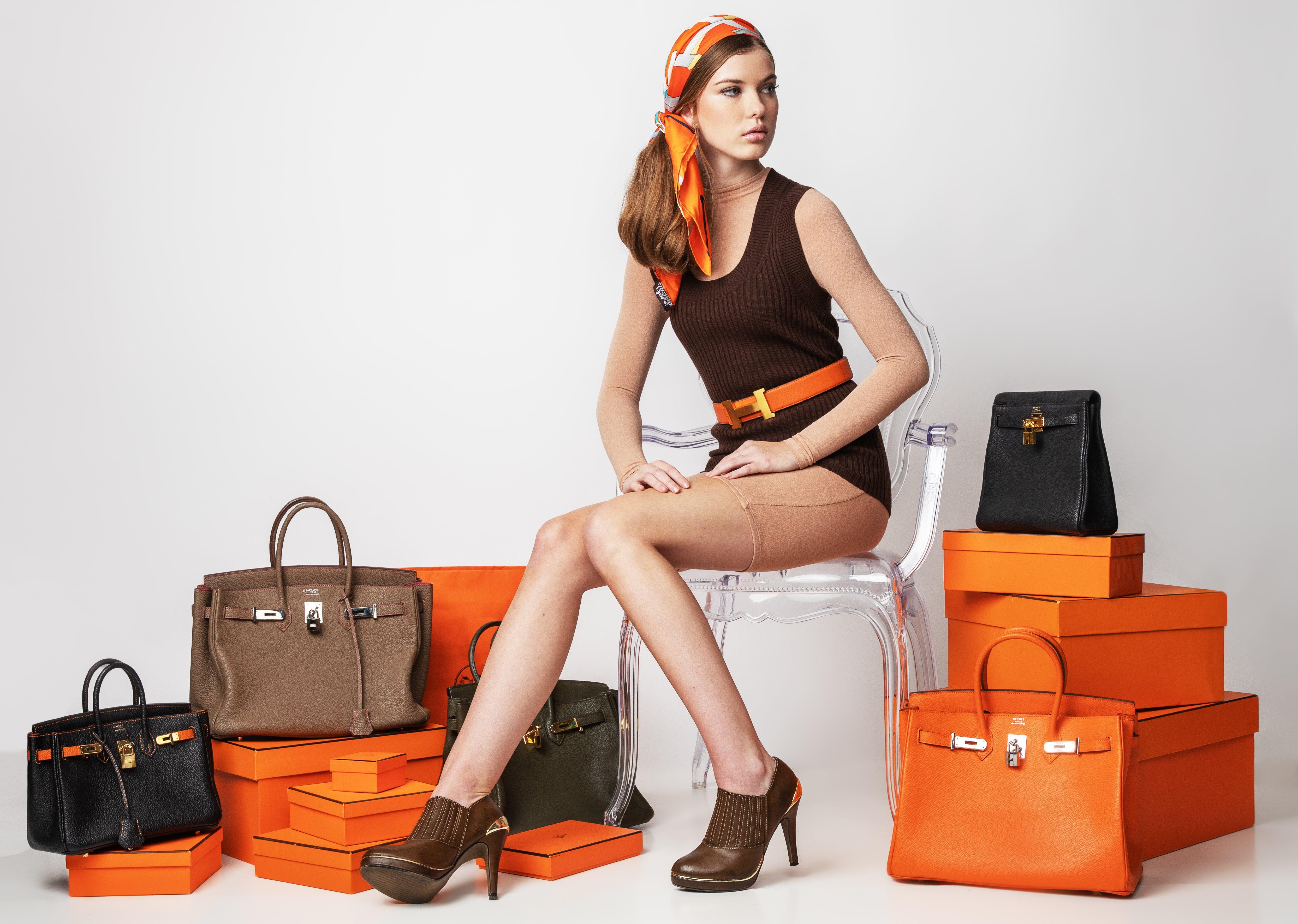Navigating Canada's Second-Hand Designer Bag Market: A Savvy Shopper's Guide

Luxury resale and consignment in Canada offer a unique way to access high-end fashion at lower prices. This growing market lets shoppers find designer items while giving sellers a chance to recoup some of their investment. Canadian luxury resale combines affordability with sustainability, making it an attractive option for fashion lovers.

The process is simple. Sellers bring their gently used luxury items to consignment shops or list them on online platforms. Buyers then get to browse and purchase these pre-owned treasures. Consignment shopshandle the sales and take a cut of the profits.
Many Canadians are discovering the joys of luxury resale. It lets them wear designer brands without breaking the bank. Plus, it's a more eco-friendly way to shop. As the trend grows, more options are popping up across the country.
Key Takeaways
- Luxury resale in Canada offers high-end fashion at lower prices
- The process involves sellers consigning items and buyers purchasing pre-owned goods
- This trend combines affordability with sustainability in the fashion world
Getting to Know Canadian Luxury Resale

Luxury resale has become big business in Canada. It offers fashionistas a way to snag designer goods at lower prices. Let's explore how this trend has grown and what key terms you need to know.
History and Growth of Luxury Resale in Canada
The luxury resale market in Canada started small. In the early 2000s, a few boutiques popped up in major cities. These shops sold pre-loved designer items.
As online shopping took off, so did luxury resale. Canadian shoppers could now buy and sell high-end goods from home. This made the market boom.
Cities like Toronto, Vancouver, and Montreal became hubs for luxury resale. Consignment shops started to target eager customers. They offered a mix of vintage and modern luxury items.
The trend spread to other cities too. Calgary saw a rise in luxury resale spots. This growth showed Canadians' love for designer goods at better prices.
Understanding the Terminology
In the world of luxury resale, words matter. Here are some key terms to know:
- Pre-loved: Items that have been owned before but are still in great shape.
- Pre-owned: Another way to say an item isn't new, but it's still valuable.
- Consignment: When someone leaves their item with a shop to sell. The shop takes a cut of the sale price.
Luxury consignment focuses on high-end brands. Think Gucci, Chanel, or Louis Vuitton. These items often hold their value well.
The fashion industry loves these terms. They make used items sound more appealing. It's not just about saving money. It's about finding unique pieces with history.
The Process of Luxury Resale
Luxury resale involves selling high-end items through consignment or direct sales. It's a way for people to make money from designer goods they no longer want. The process includes several key steps to ensure items are genuine and in good shape.
How Consignment Works
Consignment is a popular way to sell luxury items. The owner gives their item to a store to sell. When it sells, the store takes a cut and gives the rest to the owner.
Most luxury consignment shops take 30-50% of the sale price. The payout is usually in CAD for Canadian stores. Some offer cash or PayPal options too.
The store sets the price based on the item's brand, condition, and demand. They handle all the work of selling, like listing items online and dealing with buyers.
Consignment can take time. It might be weeks or months before an item sells. But it's a hands-off way for sellers to make money from their old luxury goods.
Condition Standards for Luxury Items
Luxury resale shops have strict rules about item condition. They want things in excellent shape to get the best prices.
Most places use a grading system:
- Excellent: Like new, barely used
- Very Good: Light wear, no major flaws
- Good: Noticeable wear, still usable
- Fair: Heavy wear, may need repairs
Some shops only take items in excellent or very good condition. Others sell "as is" items at lower prices.
Sellers should clean their items before consigning. Fix any small issues like loose threads. Take clear photos of any wear or damage. Being honest about condition helps set the right price and avoid returns.
Authentication and Guarantee
Authentication is crucial in luxury resale. It protects buyers from fakes and helps sellers get fair prices.
Many resale shops have experts who check items. They look at things like:
- Materials and craftsmanship
- Serial numbers and date codes
- Brand-specific details
Some use tech tools to spot fakes. Others send items to third-party authenticators.
Most reputable shops offer an authenticity guarantee. If an item turns out to be fake, the buyer gets their money back. This builds trust in the resale market.
Sellers should keep any proof of purchase or authenticity cards. These help with the authentication process. Some brands, like Chanel, even offer their own authentication services.
Top Resale Platforms and Boutiques
Canada has many great places to buy and sell luxury items. These shops and websites make it easy to find designer brands at good prices. They also help people sell things they don't wear anymore.
VSP Consignment and Its Ilk
VSP Consignment is a big name in Canadian luxury resale. They have shops in Toronto and sell online too. Shoppers can find fancy brands like Gucci and Chanel at VSP.
Other shops like Valamode and My Luxury Closet are also popular. These stores often have new items coming in all the time. They check everything to make sure it's real.
People who want to sell can bring their old designer stuff to these shops. The shops then sell the items and give the owner some of the money.
The Turnabout Experience
Turnabout is another big name in Canadian resale. They have many stores in cities like Vancouver and Toronto. Turnabout makes it fun to shop for used luxury items.
Their stores are set up like fancy boutiques. This makes shoppers feel like they're buying new things. Turnabout has clothes, bags, and shoes from top brands.
They also make it easy for people to sell their old stuff. Sellers can bring items to any Turnabout store. The staff looks at each item and decides if they can sell it.
Navigating Online Resalers
Online resale is getting bigger in Canada. Websites like The Upside let people buy and sell from home. These sites have lots of luxury brands to choose from.
Shopping online for used luxury items can be tricky. It's hard to know if things are real. Good online resalers check items carefully before selling them.
Many of these sites also have apps. This makes it easy to shop on your phone. Buyers can set alerts for brands they like. Sellers can list items quickly from their phones.
Shopping and Selling Guides
The luxury resale market offers great opportunities for savvy shoppers and sellers. Knowing the ins and outs can help you score deals or make money from your pre-loved items.
How to Shop for Pre-loved Luxuries
Start by researching trusted resale sites and local consignment shops. Look for places that authenticate items to avoid fakes. When shopping online, use filters to narrow your search by brand, size, and price.
Check item descriptions and photos carefully. Ask questions about condition, measurements, or provenance if needed. Some sites let you make offers, so don't be afraid to negotiate.
Be wise about pricing. While you can find steals, many luxury items hold their value well. A "too good to be true" price may be a red flag.
Sign up for alerts on your favorite brands and sizes. This helps you pounce on great deals quickly. Remember to factor in shipping costs and return policies.
Tips for Consigning Your Luxury Items
Before consigning, research the current resale value of your items. Check sold listings on resale sites to get an idea of pricing.
Choose your consignment partner carefully. Look for shops or sites that specialize in luxury goods. Ask about their fee structure, payout timelines, and authentication process.
Clean and repair your items before consigning. This helps them sell faster and for more money. Take clear, well-lit photos from multiple angles if selling online.
Be honest about wear and tear. Provide details on any flaws, even minor ones. This builds trust with buyers.
Price items fairly based on brand, condition, and current trends. Popular accessories and timeless jewelry often sell quickly. Consider seasonal timing - winter coats sell better in fall, for example.
Sustainability and Community
Buying and selling pre-owned luxury items helps the planet and brings people together. It cuts waste and builds connections between fashion lovers.
The Ethos of Circular Fashion
Circular fashion keeps clothes in use longer. People sell items they don't wear anymore. Others buy these pre-loved pieces. This cycle reduces the need for new production.
Consignment shops play a big role. They connect sellers and buyers of luxury goods. This extends the life of high-end fashion.
Resale also cuts down on packaging waste. It saves energy used in making new clothes. Shoppers can feel good about their choices. They're helping the earth while scoring great deals.
Engaging with the Resale Community
The resale world is social and fun. People share tips on authenticating items. They post their latest finds on social media. Many make friends with similar style interests.
Online trading groups are popular. People swap items or sell to each other directly. Some shops host events where customers can mingle.
Following resale shops on Instagram keeps you in the loop. You'll see new arrivals first. Many send email newsletters with exclusive deals. Joining these communities makes shopping more rewarding.



